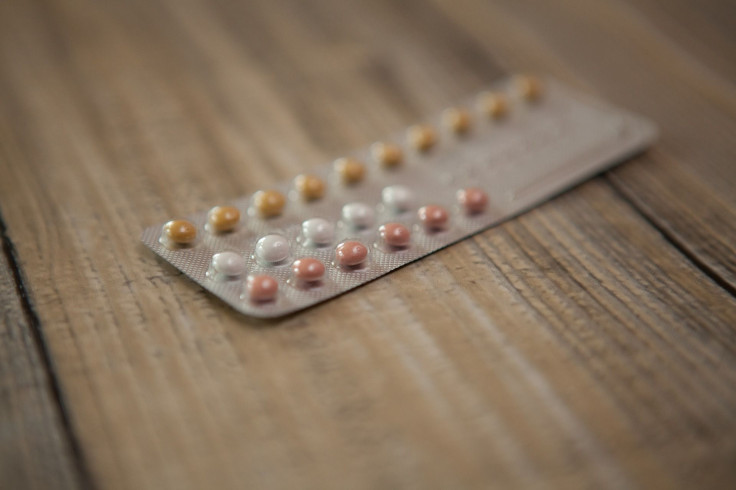Sperm-Slowing Male Birth Control Created From Poison

A chemical compound that has been used as arrow poison could one day be part of a male birth control pill.
Despite its history being harvested from African plants to stop an enemy’s heart with the shot of a bow, ouabain is also a steroid that the human body naturally produces. But men with high levels of ouabain have been found to be less fertile — and that’s where new research comes in. Scientists have created an ouabain derivative that stays away from the heart and instead slows down sperm and prevents them from fertilizing an egg, potentially opening up a new method of birth control for men.
Their compound didn’t have any side effects when they tested it on mice, according to a study in the Journal of Medicinal Chemistry.
“There is an enzyme … in the sperm that enables the sperm to swim and carry out the flagellar motion that it needs to penetrate the egg,” researcher Gunda Georg explained to International Business Times about the discovery. The new compound inhibits that enzyme. “It kind of paralyzes the sperm and the sperm can no longer move forward and can no longer fertilize the egg.”
World Health Organization numbers suggest men lose fertility when sperm have less than 50 percent motility and, the study says, the ouabain derivative puts motility below that threshold.
But it is a reversible effect. According to the study, the ouabain compound does not affect the cells in testicles that create sperm, so the men would be able to generate new, healthy sperm down the road.
Georg, who is at the University of Minnesota, said the reversibility of the potential birth control treatment and the lack of side effects are key to making the discovery a viable choice for men, who currently pick between condoms and vasectomies.
“It has to be effective and reversible, it has to be cheap, no side effects,” she said. “Some women can’t take the pill, so then couples can decide what to do and it gives men more options.”
The American Chemical Society, which publishes the journal, explained that at low levels ouabain is used to regulate blood pressure or treat cardiac patients, but in higher doses can damage the heart. That’s why the researchers had to manipulate the steroid and create a derivative of it.
The team tested their compound on isolated cells and found it only sought out its intended target.
“Unintended pregnancies have been on the rise in the past years and their management represents a priority and a challenge for any public health program,” according to the study. “Many of these pregnancies end in elective abortions and are frequently associated with physical and emotional complications and high economical costs. It is clear that developing safe, effective and reversible methods of contraception are needed to enhance birth control options.”
But much of the burden falls on women.
“Hopefully one day we’ll really get there and can provide these additional options for birth control,” Georg said.
© Copyright IBTimes 2024. All rights reserved.





















